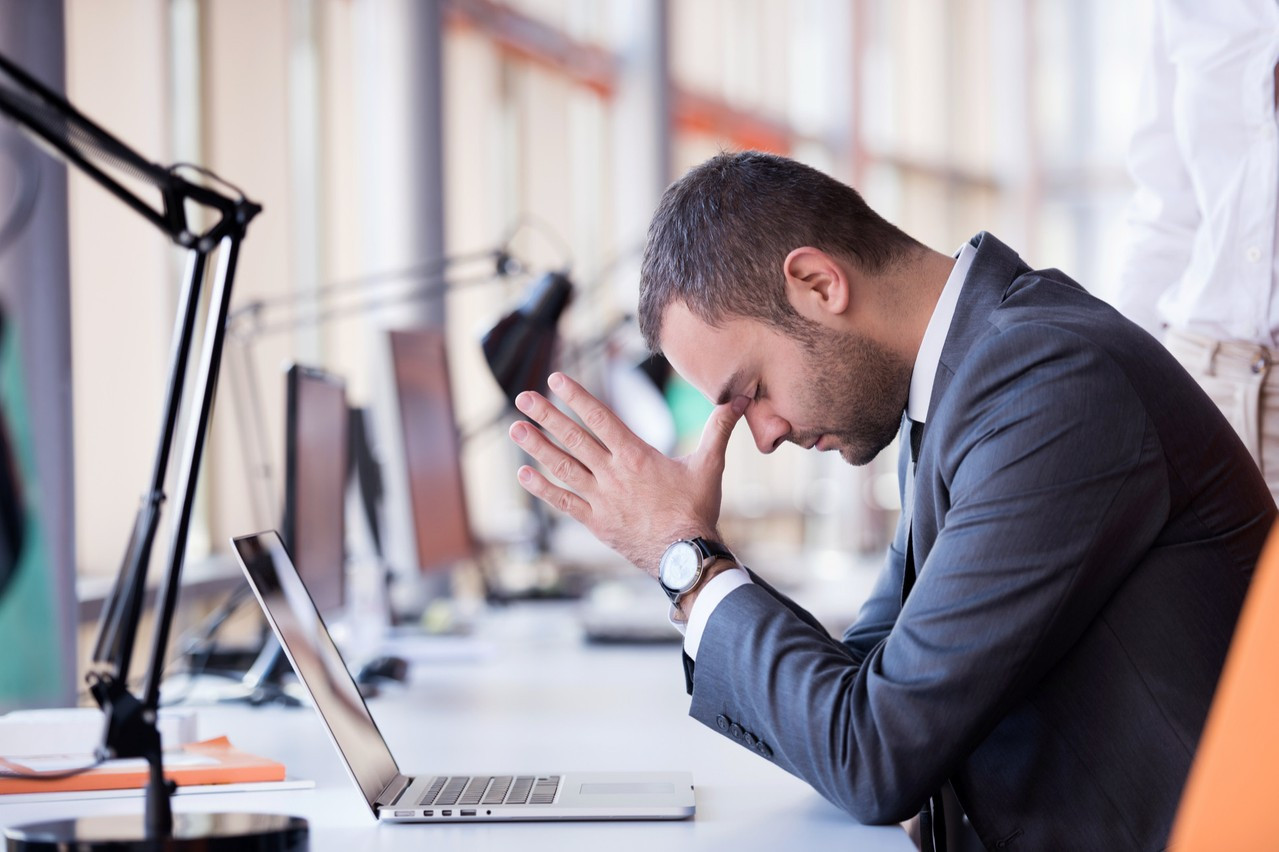Unsurprisingly, the survey conducted between June and September 2020 among 2,364 individuals aged between 16 and 64--residents and commuters working more than 10 hours a week--recorded the lowest scores yet.
This index assesses the “quality of work”, meaning the overall appreciation that workers have for their work. With 55.4 points in 2019, it shrank to 53.5 points a year later. And it is especially among 16 to 24-year-olds that the decline is most pronounced, as well as among factory and machine operators, assemblers and part-time workers.
Needless to say that the health crisis is undoubtedly at the root of this decline. Its negative impact was manifested “not only because of the health risks, but also and most importantly, because of the emotional stress the situation is causing,” according to the report.
This comes to the fore when looking at a detailed analysis of the results. Apart from bullying, which remains stable, all other negative dimensions assessed are increasing but remain within the margin of error expected by the survey. The exception, however, is the dimension of "emotional demands", which has spiked from 53.1 points in 2019 to 56.2 in 2020. These refer to "the need to control one’s own emotions in the workplace, in order to meet the expectations of the organisation."
Increased job insecurity
Other areas also show a "significant downward trend". The survey highlights that "autonomy at work and participation in decision-making have suffered particularly from the situation of the 2020 health crisis." Telework and mandatory masks made communication "more difficult, collaboration between co-workers and the feeling of getting a feedback on work were rated less favourably.”
Partial unemployment and pay slips also led to lower wage satisfaction. As a result, the feeling of job security also declined after six years of positive developments.
Motivation at work, as well as satisfaction, remain stable, even if slightly lower. On the other hand, the level of well-being, continues to fall, -8% since 2016.
Negative impact on professional and personal life
The conclusions of the index presented by David Büchel, a senior advisor at the chamber, states that "the impact of the health crisis is very clear and shows that health measures not only accompany our daily life, but interfere just as much with the personal lives of employees and have a considerable negative impact on our vision of working life, as well as on our well-being."
Many red flags have been raised as “it is clear that social isolation as well as the fear of contracting the virus have and will continue to have a significant derogatory impact on mental health. Fatigue in the face of permanent restrictions, fear of the situation, uncertainty regarding the future as well as agitation and anger create an environment that feeds fear of conspiracy, elicits paranoia and promotes the aggravation of addictions of all kinds.”
This article was originally published in French on Paperjam.lu and has been translated and edited for Delano.
